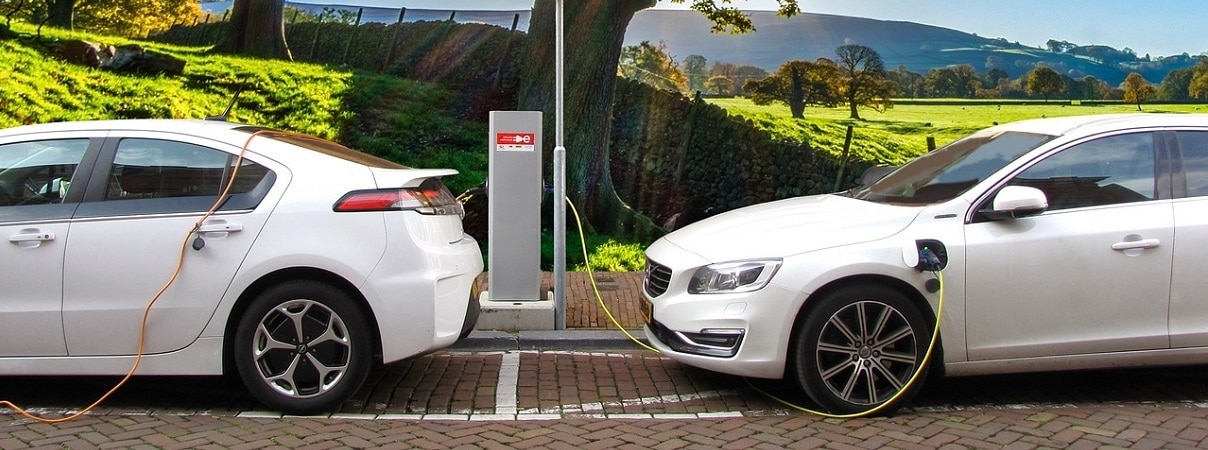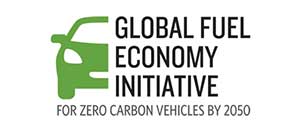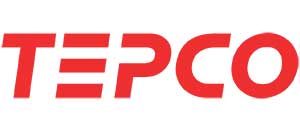EV30@30 campaign

Goal
The EV30@30 campaign redefined the ambition of the CEM’s Electric Vehicles Initiative (EVI), setting the objective to reach a 30% sales share for EVs by 2030. This will be the benchmark against which progress achieved by all members of the EVI will be measured (i.e., total electric vehicle sales in all EVI countries / total vehicle sales in all EVI countries) and can be met through targets that differ across modes and jurisdictions.
The campaign has been phased out at CEM13, in Pittsburgh.
Overview

The transportation sector accounts for nearly one-quarter of global greenhouse gas (GHG) emissions. The EV30@30 Campaign aims to help realise the multiple benefits offered by electric mobility for innovation, economic and industrial development, energy security, and reduction of local air pollution. It sets an ambitious target for electric vehicle (EV) sales that, combined with decarbonisation of the power sector, will keep the world on track to meet our shared climate goals for 2050, while improving the quality of life for urban residents.
The campaign currently totals 13 member countries and 23 supporting companies and organizations. The campaign supports the market for electric passenger cars, light commercial vans, buses and trucks (including battery-electric, plug-in hybrid, and fuel cell vehicle types). It also works towards the deployment of charging infrastructure to supply sufficient power to the vehicles deployed.
Community
Partners
 c40
c40
 FIA Foundation
FIA Foundation
 Global Fuel Economy Initiative (GFEI)
Global Fuel Economy Initiative (GFEI)
 Hewlett
Hewlett
 Natural Resources Defence Council (NRDC)
Natural Resources Defence Council (NRDC)
 REN21
REN21
 Partnership on Sustainable
Partnership on Sustainable
 the Climate Group
the Climate Group
 UN Environment
UN Environment
 UN-habitat
UN-habitat
 World Resources Institute
World Resources Institute
 International Zero-Emission Vehicle Alliance (ZEV Alliance)
International Zero-Emission Vehicle Alliance (ZEV Alliance)
 Chargepoint
Chargepoint
 Chargeup Europe
Chargeup Europe
 Energias de Portugal
Energias de Portugal
 Enel X
Enel X
 E.On
E.On
 Fastned
Fastned
 Fortum
Fortum
 Iberdrola
Iberdrola
 Renault-Nissan-Mitsubishi Alliance
Renault-Nissan-Mitsubishi Alliance
 TEPCO
TEPCO
 Vattenfall
Vattenfall
Resources
Sign the pledge
The EV30@30 campaign aims at gathering commitments from governments in accordance with priorities and programs developed by each of them. It calls for the participation of governments in EVI activities, joining its current members to pursue its goal.
It also seeks the engagement of local authorities, the mobilization of the private sector and the involvement of civil society, and welcomes the support of philanthropy to develop its implementing actions.
Commitments may include pledges for EV procurement, consumer awareness campaigns, establishing EV-friendly policy mechanisms, expanding vehicle charging networks, funding for policy-relevant research and analysis, and more.

